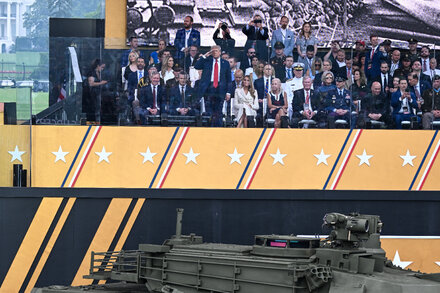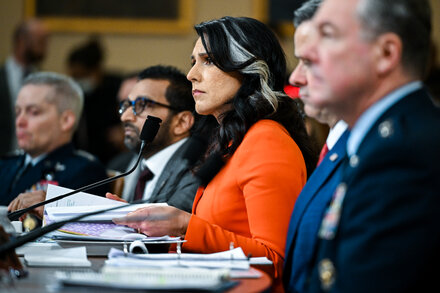WASHINGTON D.C. – The United States government announced today its intention to revoke the visa of Colombian President Gustavo Petro, a move that signals a significant escalation in diplomatic tensions between the two nations.
The decision, confirmed by U.S. officials speaking on condition of anonymity, comes amid increasing friction over various policy differences and geopolitical alignments. While specific reasons for the revocation were not immediately detailed by the State Department, observers point to Colombia’s evolving stance on drug policy, its relationship with certain U.S. adversaries, and long-standing concerns regarding President Petro’s past as a former M-19 guerrilla member.
A spokesperson for the U.S. State Department, speaking to reporters, stated, “We regularly review visa eligibility based on U.S. law and national interest. All individuals, regardless of their position, are subject to these reviews. While we value our bilateral relationship with Colombia, we must uphold our national security and foreign policy objectives.”
“We regularly review visa eligibility based on U.S. law and national interest. All individuals, regardless of their position, are subject to these reviews. While we value our bilateral relationship with Colombia, we must uphold our national security and foreign policy objectives,” said a U.S. State Department spokesperson.
The decision is anticipated to strain relations, which have already seen periods of disagreement, particularly concerning regional security and counternarcotics strategies. President Petro has advocated for a shift in global drug policy, moving away from traditional eradication methods towards a more holistic approach focused on social development and regulated markets, a stance that has often diverged from Washington’s traditional hardline strategy.
Implications for Bilateral Relations
The revocation of a head of state’s visa is an extremely rare and potent diplomatic measure, typically reserved for severe breaches of international conduct or profound policy disagreements. It raises questions about the future of U.S.-Colombian cooperation on issues ranging from trade and security to migration.
Sources within the Colombian government, who also requested anonymity due to the sensitivity of the matter, expressed dismay at the U.S. announcement. “This action is unprecedented and could jeopardize decades of cooperation. We believe in dialogue and mutual respect, and this move appears to contradict those principles,” one official noted.
The move is also seen by some analysts as reflective of a broader shift in U.S. foreign policy under the current administration, which has indicated a more assertive approach towards leaders whose policies conflict with American interests. The specific timing of the announcement remains a subject of speculation among diplomatic circles.
“This action is unprecedented and could jeopardize decades of cooperation. We believe in dialogue and mutual respect, and this move appears to contradict those principles,” an unnamed Colombian government official stated.
President Petro has previously been denied a U.S. visa in the 1990s due to his past. This new development, however, marks a significant departure as it targets a sitting head of state and underscores the deep divisions that have emerged between the two traditional allies.
Source: Read the original article here.





